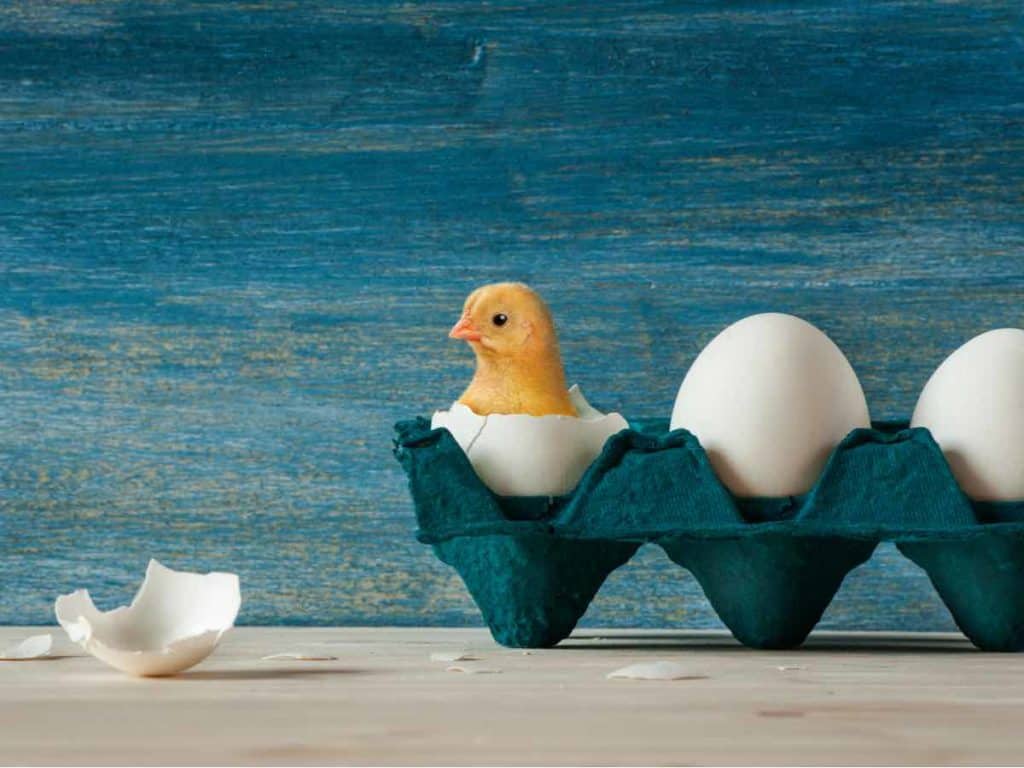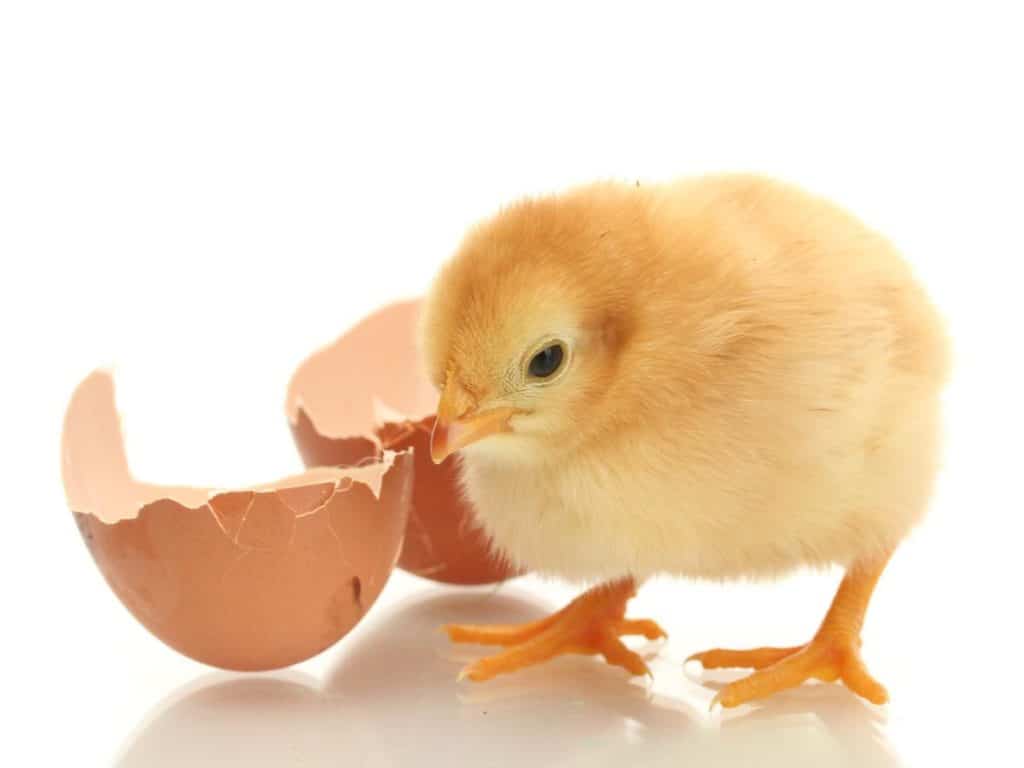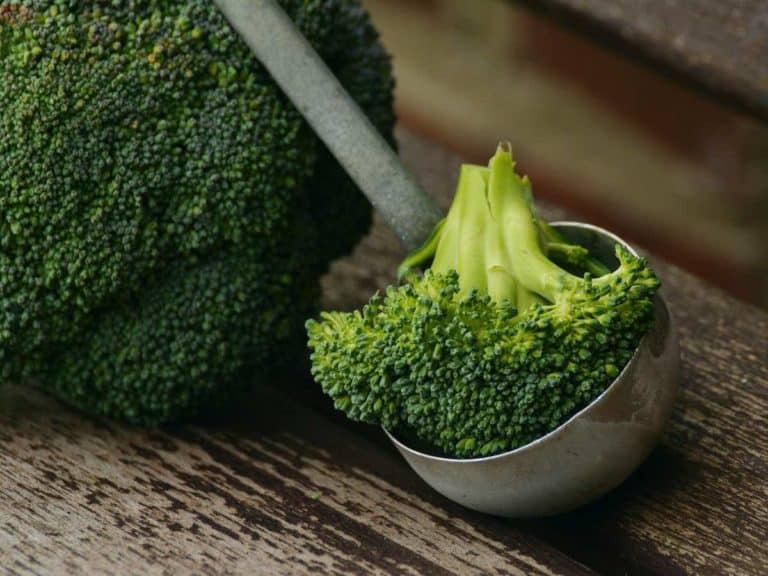Can Store-Bought Eggs Hatch or Not
When I was a kid, I read about incubating eggs and since I wanted to have a cute pet chicken, I decided to create an incubator at home with the help of a table lamp and a blanket.
Needless to say, it didn’t work, and here’s why.
Store-bought eggs cannot hatch. This is especially true if they come from farms where only hens are present and there are no roosters to fertilize the eggs before they are laid. Farm-bought fertilized eggs, on the other hand, can hatch, except in certain situations such as if they are refrigerated.
Whether you are always in a hurry to cook eggs before they hatch because you don’t want to have baby chickens for pets or constantly waiting for adorable chicks to emerge from them, keep reading.
Below, we will talk about why it’s very much unlikely for those eggs from the grocery to hatch.
Chances are you might still not have a solid answer to the age-old question “which came first: the chicken or the egg?” by the time you get to the end of this article. However, if one of your friends wondered if he/she could start a poultry farm with a carton of eggs from the supermarket, you would have the perfect answer for it.

Can Hens Lay Eggs Without Roosters Around?
There is no need for hens to mate with roosters just for them to be able to lay eggs. Whether roosters are around or not, hens will keep laying eggs. The only difference is that the eggs hens lay are very much likely to be fertilized if roosters can freely mate with them each time.
Female humans in the reproductive age produce eggs. If not fertilized, their bodies shed them and the endometrium, too, which is why they bleed during their menstrual period.
It’s the same thing with hens — well, more or less.
Just like female humans, hens produce eggs. But whether or not they are fertilized, hens lay them all the same. If eggs are fertilized, they will hatch. Otherwise, they will remain as such until the time they completely disintegrate.
The bottom line is that roosters are not role players in the egg-production process. They, however, are indispensable in fertilizing eggs inside the bellies of hens. Without roosters, needless to say, it’s impossible for the eggs hens lay to be fertilized.
Hens produce only one half of the equation (eggs) — the other half, the sperm, is produced by roosters.
When Do Eggs Become Fertilized?
An egg, after starting out as a yolk in the ovary, becomes fertilized inside the infundibulum, a funnel-shaped organ inside a hen’s female reproductive system, where sperm cells from a rooster are waiting. The fertilized egg then forms the albumen and outer shell before it exits the hen’s vagina.
Earlier, we established a couple of facts. They are (1) hens that can lay eggs even without the presence of roosters and (2) unfertilized eggs can’t hatch.
Knowing that it’s only while an egg is inside a hen’s belly when it can be fertilized matters, too.
This helps show that once an egg is laid, its fate is already sealed — it will hatch if it’s fertilized (provided the conditional requirements are met) and will not if it isn’t.
So, in other words, if an egg is infertile, incubating it to make it hatch is futile and refrigerating it to stop it from hatching is pointless.
A fertilized egg has been fertilized long before it closely resembles an egg as we know it.
However, it doesn’t mean right away that a fertilized egg, especially one that’s freshly laid, has a chick inside. In order for a chick to form inside a fertilized egg, it has to be exposed to the right condition.
This is when the importance of incubation comes in, which can come in two forms: the hen sitting on the eggs and the eggs being placed in a man-made incubator. Fertilized eggs have to be incubated at a temperature between 99°F and 102°F (37.2°F and 38.9°F) for 21 days for them to hatch.

Can Farm-Bought Eggs Hatch?
Farm-bought eggs can hatch only if roosters have access to the hens in the farm from which they come. So, in other words, some farm-bought eggs are unfertilized and therefore cannot hatch. Typically, farm egg suppliers will let consumers know whether or not their products are fertilized.
Only one thing is needed to make eggs hens produce fertilized: a rooster.
Needless to say, in most instances, it doesn’t matter where eggs come from. What matters is that if the hens from which they come have the opportunity to mate with roosters. And this is very much likely the case with farm-bought eggs as they are from farms where, usually, both hens and roosters co-exist in peace and harmony.
This does not mean, however, that you should avoid eggs from a farm just because you want to eat your eggs and not to take care of chicks. That’s because there is a very simple step you can take in order to keep fertilized farm-bought eggs from hatching: store them immediately in the fridge.
So, what about those free-range eggs at the supermarket — will they hatch?
Refrain from assuming that just because eggs are free-range, no matter where you bought them, means right away that they are fertilized and might hatch if you fail to refrigerate them.
Simply put, free-range eggs are eggs that come from hens with some sort of access to the outdoors. It’s very much likely for them to be fertilized if the hens from which they come have contact with roosters. On the other hand, if free-range hens have zero contact with roosters, free-range eggs from them are 100% unfertilized.
Is There a Difference Between Fertilized and Unfertilized Eggs?
The main difference between fertilized eggs and unfertilized eggs is that the former can hatch while the latter can’t. Taste-wise, fertilized and unfertilized eggs taste the same. Fertilized or not, eggs maintain their superior nutritional profile — they are great sources of protein and healthy fat.
Worry not if you love eggs because they make a lot of baked goodies taste wonderful and just about any dish highly nutritious but you can’t tell whether the ones you are about to use are fertilized or not.
That’s because you can benefit from them all the same.
Fertilized eggs taste just the same as unfertilized eggs — your taste buds will not be able to tell the difference between an egg that can turn into a chick and an egg that will remain an egg forever.
Love eggs because of their nutrients? The health-conscious in you will love the fact that fertilized and unfertilized eggs have the same exact nutritional profile. So, in other words, fertilized or otherwise, eggs are packed with high-quality protein, healthy fats, vitamins and minerals.
It’s only when you crack open a fertilized egg and an unfertilized one that you might notice a tiny difference.
What you need to do is carefully observe the yolk and look for a white mark. Is the white mark a perfect circle?
Chances are that the egg you are scrutinizing is fertilized. On the other hand, if the white mark isn’t perfectly round and appears to be smaller, too, there is a huge possibility that the egg is unfertilized.
Just Before You Shop for Eggs
To know whether the carton of eggs you are about to place in your shopping cart is fertilized or not, in most instances, all you have to do is read the packaging — it will tell you what you need to know.
There are times, too, when knowing where the eggs you are about to buy came from is critical. If they came from a poultry farm where roosters are off-limits, then they are unfertilized and therefore cannot hatch.
But if they came from where hens could spend time with roosters, then chances are that those eggs are fertilized and can hatch.
Related Questions
Are store-bought quail eggs fertilized?
Commercially sold quail eggs are not fertilized as they are harvested from farms where only female quails are present — like hens, female quails can produce eggs minus male quails. Quail eggs with “fertilized” on the packaging are fertilized and therefore, under the right conditions, can hatch.
Are eggs considered vegetarian or non-vegetarian?
Vegetarians exclude from their diet any form of animal flesh, such as the meat, muscle and tissue. Since the egg doesn’t fall into the said category, it is considered vegetarian. A fertilized egg, however, has the potential to form into an animal, which is why many do not consider it vegetarian.
Read Also: Best Substitutes for Store-Bought Clam Juice





